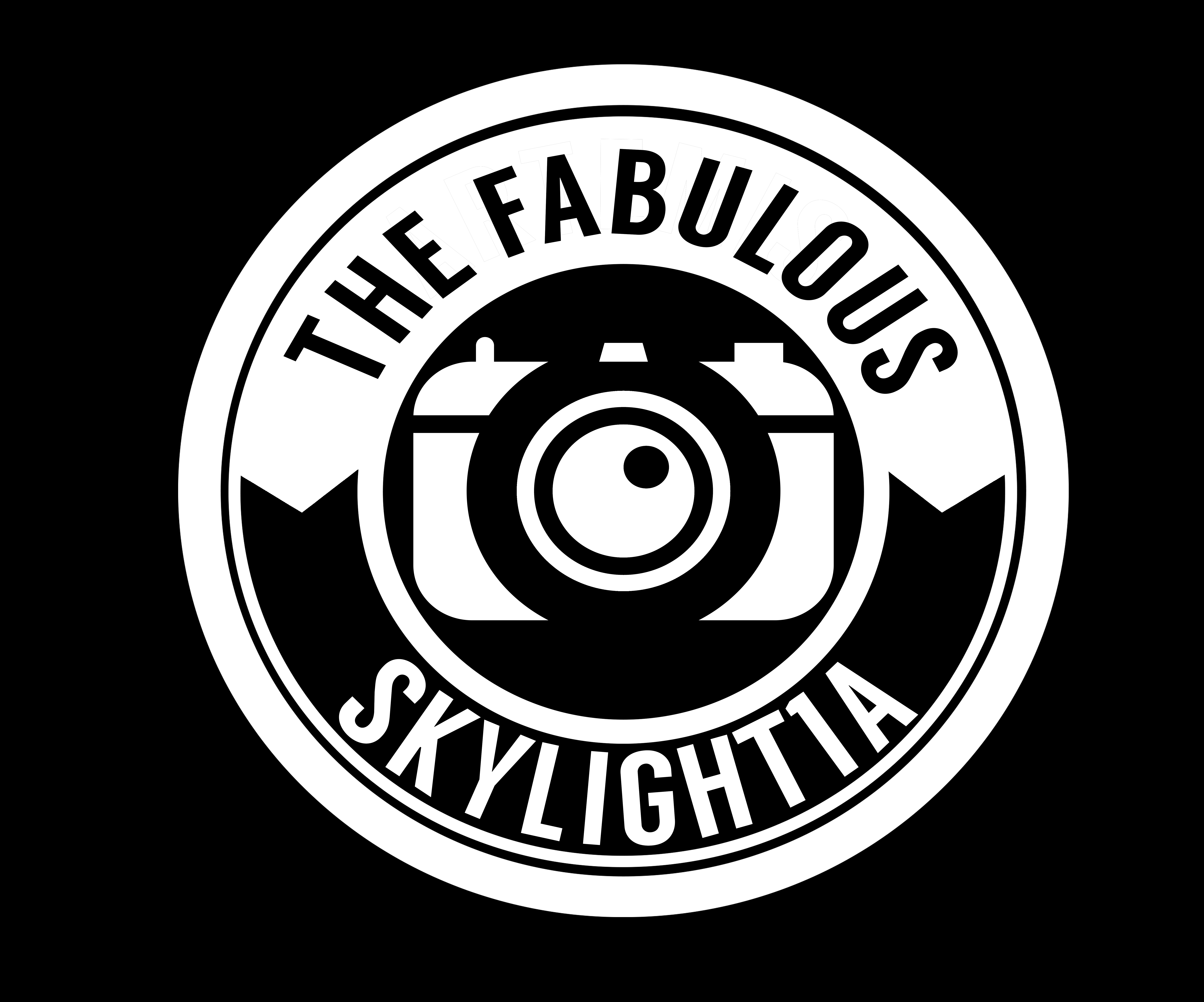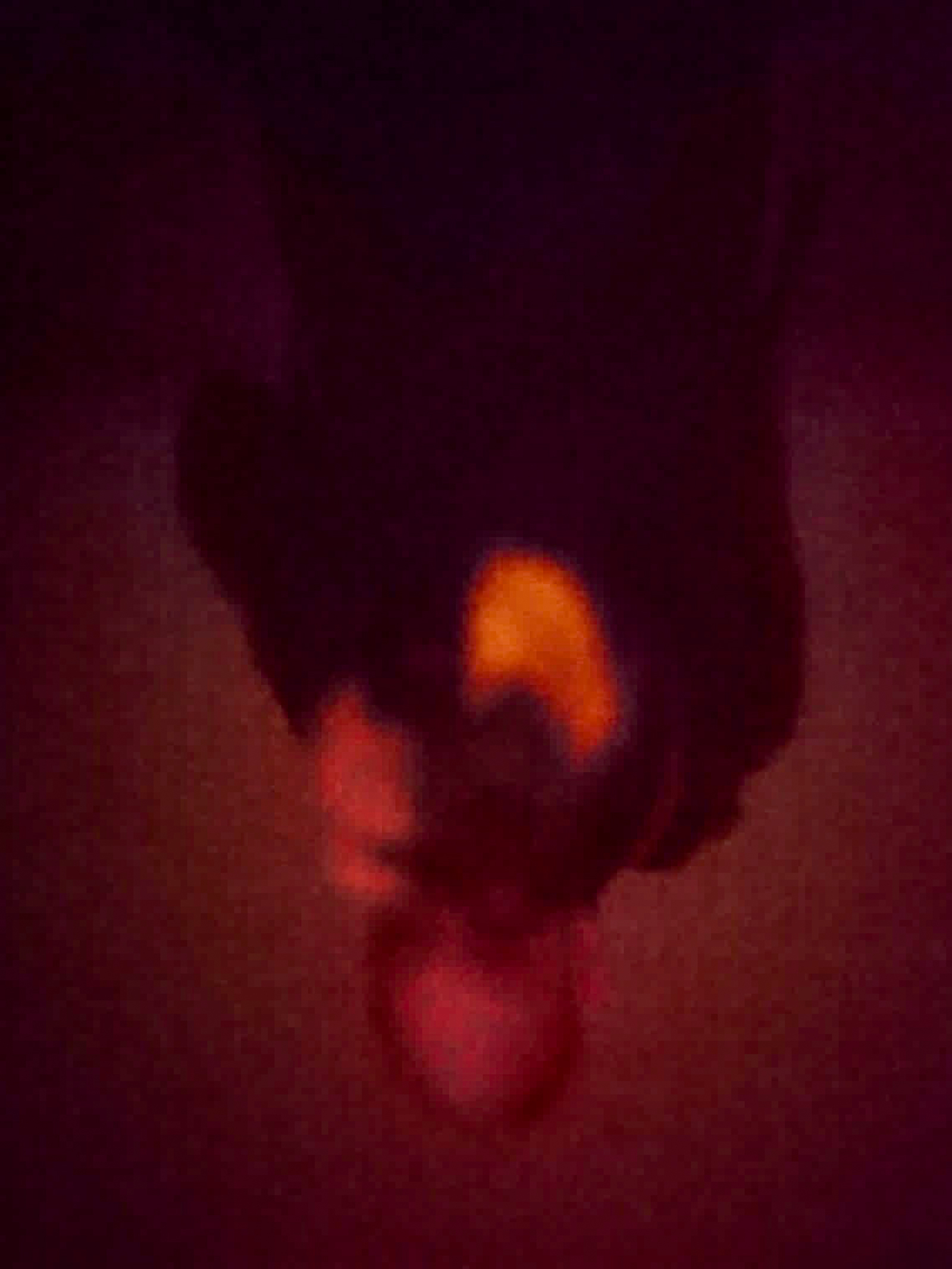Just in time for my graduation ceremony, the city of Würzburg published an article about my studies in Falmouth in their magazine.
Photography can tell stories
Christian Weiß has been the press officer for the city of Würzburg for 17 years. His work includes photographing tributes, openings and other moments for media coverage. In the past two years, he has continued his education and completed a master's degree in photography at Falmouth University in the UK. Here's a look at his journey through photography: over 95 million new photos are uploaded to Instagram every day, artificial intelligence creates images that closely resemble reality, and digital cameras make photography easy and affordable for everyone. So why learn photography or work as a photographer?
Photography has always fascinated me. I got my first camera when I was four years old, and later I took a photography course at school, developed films and worked in the darkroom. As a daily newspaper journalist and now as a press spokesperson, photography is part of my work. But simply taking pictures and documenting the moment
was soon too little. And photography can do more - photography can tell stories. Like the story of the dilapidated houses on Route 66, which revive the old splendour of the road as a link between the east and west of the United States. Or fashion shots with clothes from the 50s that tell of life with petticoats and bell-bottoms.
To put this on a proper foundation, I decided to start studying photography part-time. At the age of 52, this was not an easy undertaking. For one thing, there is no corresponding distance learning course in photography in Germany, and for another, the prerequisites for studying abroad had to be met first - in addition to language skills, the corresponding proof of previous academic work. With a portfolio, a thematic compilation of pictures of Route 66, I proved my photographic and artistic skills.
The study programme itself was a great challenge. With up to 40 hours of seminars and project work a week, good self-organisation and, above all, a great deal of self-discipline were necessary. A lot was also demanded in terms of content. In individual modules, I not only analysed my current status, but also learned how to work on topics scientifically in photo projects and let pictures speak. Acquiring funding and designing exhibitions, such as early colour photographs for the Royal Photography Society, were also part of the programme.
As project work, for example, I worked on a photo series about Jewish life in Germany today, for which, among other things, the President of the Central Council of Jews, Dr Josef Schuster, had himself portrayed as an emergency doctor. In other projects, I took up the sustainability of mail-order fashion or the topic of body positivity. These were about looking at one's own body with all its features, both positive and negative for us, and how other people see precisely these points that we describe as negative. I was allowed to exhibit this project called "(im)perfection" in 2022 during the famous and largest European photo festival Rencontre d'Arles in southern France.
Finally, as a master's thesis, a photo project had to be developed from the idea to the final exhibition within two modules. After the knife attack on 25 June 2021, it was obvious to take up the topic of trauma and trauma therapy. With the help of lenticular foils - which also create the well-known wobbling images - I depicted traumatic moments and triggers in the minds of victims, witnesses and helpers. By having to walk back and forth in front of the photos, a
comparable movement was also created in the viewer at the same time, as is used in EMDR, a special kind of trauma therapy.
And now? My photo projects have gained in content. I approach assignments and topics with different prerequisites, but also with different eyes. Picture stories emerge that often only form in the viewer's mind. The time in my photo studio, where I take portraits of people but also do commissioned work, has become my creative time-out.
I would like to thank all my colleagues who have supported me during this time, especially my colleagues in the press office who have had my back the whole time.

